Relocating internationally can feel like navigating a labyrinth, but it doesn't have to be overwhelming! With the right support and resources, your transition can be smooth and stress-free. From understanding local customs to managing logistics, our comprehensive guide has you covered every step of the way. So, if you're ready to embark on this exciting journey, read on to discover valuable insights and tips!
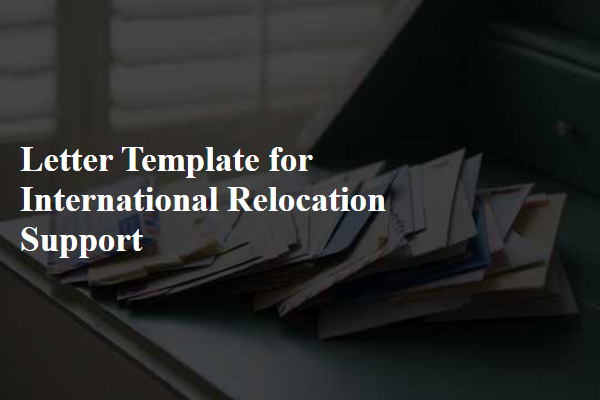
Employee Information and Position
International relocation support can significantly affect an employee's transition during global assignments. Employee information, including full name, contact details, and relevant identification numbers, is essential for accurate documentation and planning. The position held by the employee, such as Senior Project Manager at a multinational company like IBM, involves specific relocation challenges such as housing arrangements and work visa approvals. Cultural differences and language barriers in the destination country, like Germany, also play a significant role in the relocation process. Understanding these factors leads to a smoother transition and enhances overall employee satisfaction and productivity.
Relocation Details and Timeline
Relocation planning for international moves requires careful consideration of various factors, including logistics, visa requirements, and timelines. The relocation date should align with the individual's or family's preferences and the employment start date in the new location, such as New York City or London. A comprehensive timeline might include essential milestones like obtaining a visa, shipping household goods (which may need 6-12 weeks for international shipping), arranging temporary accommodation, and registering with local authorities upon arrival. Additional aspects include arranging for schooling if moving with children, budget considerations for moving expenses, and coordination with relocation service providers to ensure a seamless transition. Knowing the local culture, language proficiency, and climate can also aid in a smoother adjustment, making these details significant for an efficient relocation process.
Financial Assistance and Reimbursements
International relocation can be a complex process involving financial support and reimbursements. Employees moving from places like London to New York may require assistance with various relocation expenses, including packing services, shipping household goods, and temporary accommodation. Financial assistance can cover associated costs such as visa applications, travel arrangements, and relocation fees, which may collectively reach thousands of dollars. Employers may offer reimbursement for expenses incurred during the transition phase, requiring receipts and documentation to ensure compliant processing. Familiarity with local tax implications can also be crucial, as expatriates might face different financial regulations in the host country. Tailored support can significantly ease the burden of adjusting to a new environment, ensuring a smoother transition for employees and their families.
Immigration and Visa Support
International relocation often involves complex immigration and visa processes that vary significantly between countries. Comprehensive support is essential to navigate these legal requirements effectively, ensuring compliance with local laws and regulations. Visa types, such as work permits, student visas, and residency options, differ based on the destination country, impacting eligibility and processing times. Expert guidance, often provided by relocation specialists, can assist individuals and families in gathering necessary documentation, understanding application procedures, and meeting deadlines. Countries like Canada and Australia offer online portals for visa applications, while others may require in-person interviews at consulates. Timely support can also facilitate integration into the new country, addressing concerns such as healthcare access, job placement, and cultural adaptation, ultimately easing the transition for expatriates.
Housing and Settling-In Services
Housing and settling-in services play a crucial role in the international relocation process for expatriates moving to new destinations, such as Singapore or Berlin. Comprehensive packages often include assistance with finding accommodations that meet specific needs, like proximity to international schools or workplaces. Relocation specialists can provide insights on local housing markets, average rental prices (which can vary significantly based on the neighborhood), and lease agreements. Additionally, settling-in services encompass essential tasks such as connecting utilities like water and electricity, setting up internet access, and navigating local regulations for foreign residents regarding visa and work permits. Culturally sensitive support, including language classes and community integration events, can significantly enhance the relocation experience for families, helping them acclimate to their new environment.

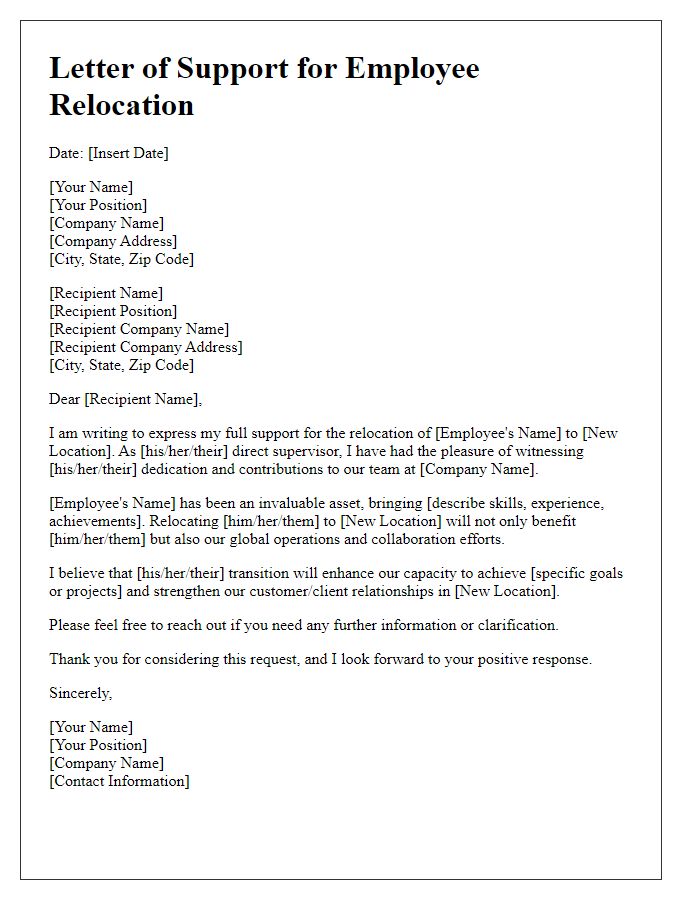
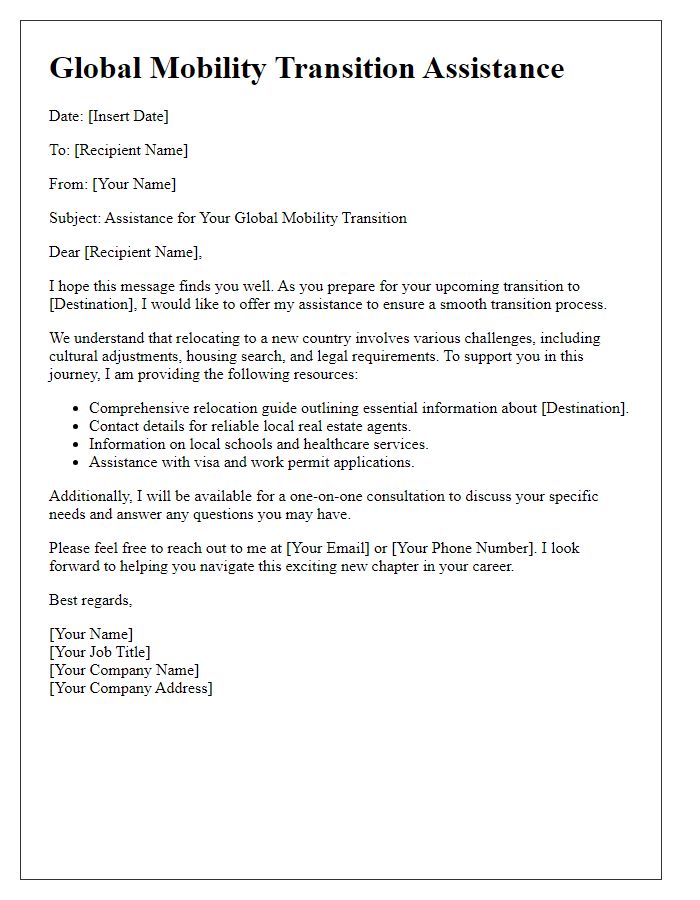
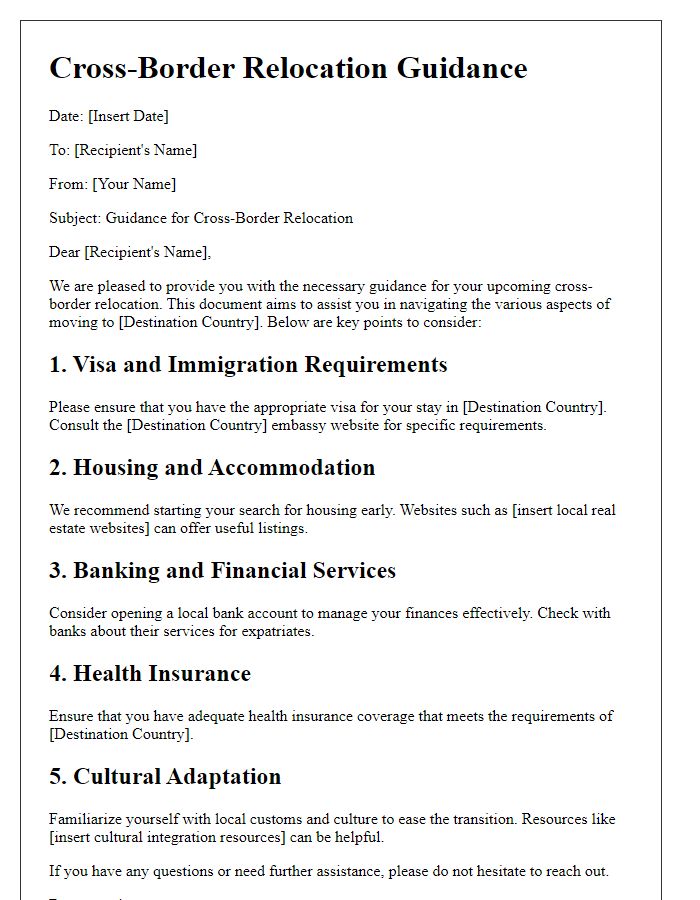
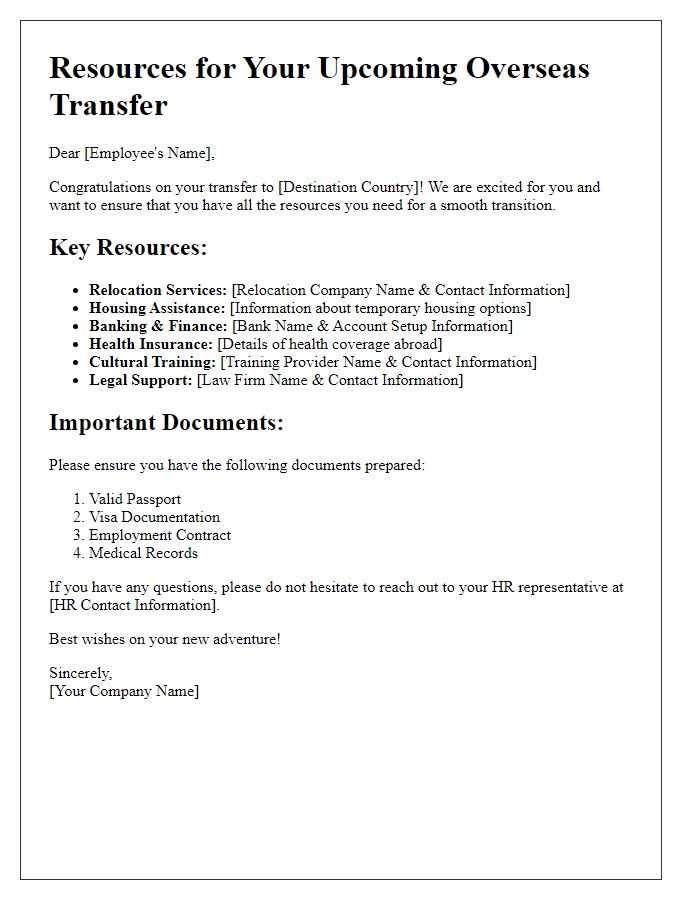
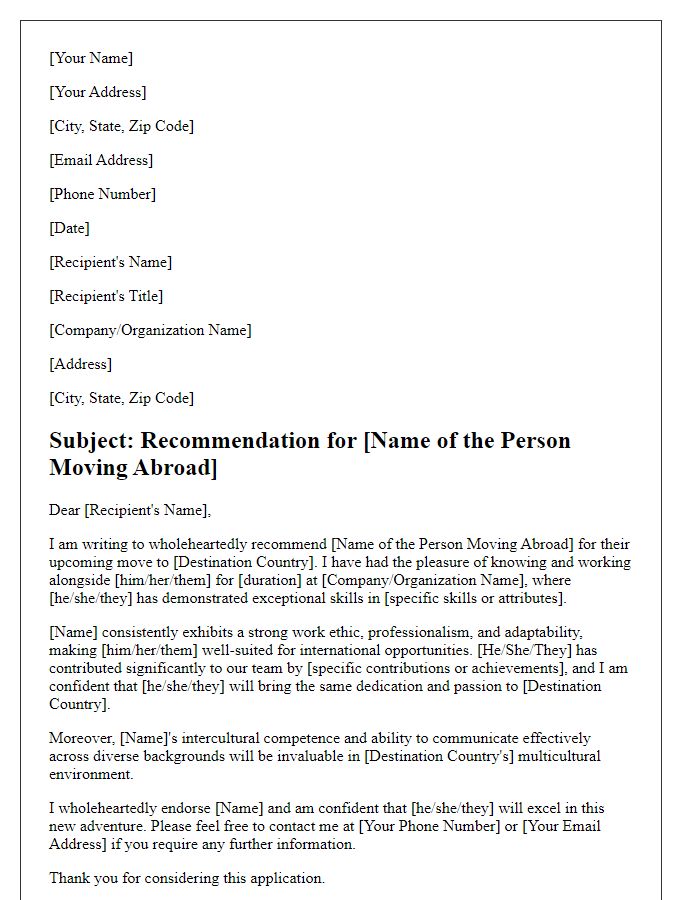
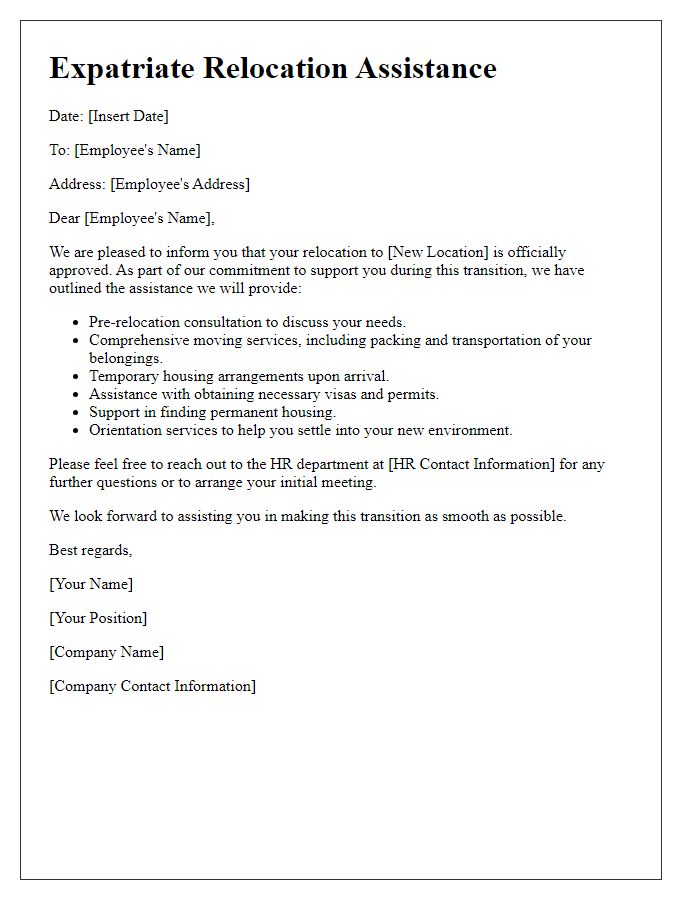
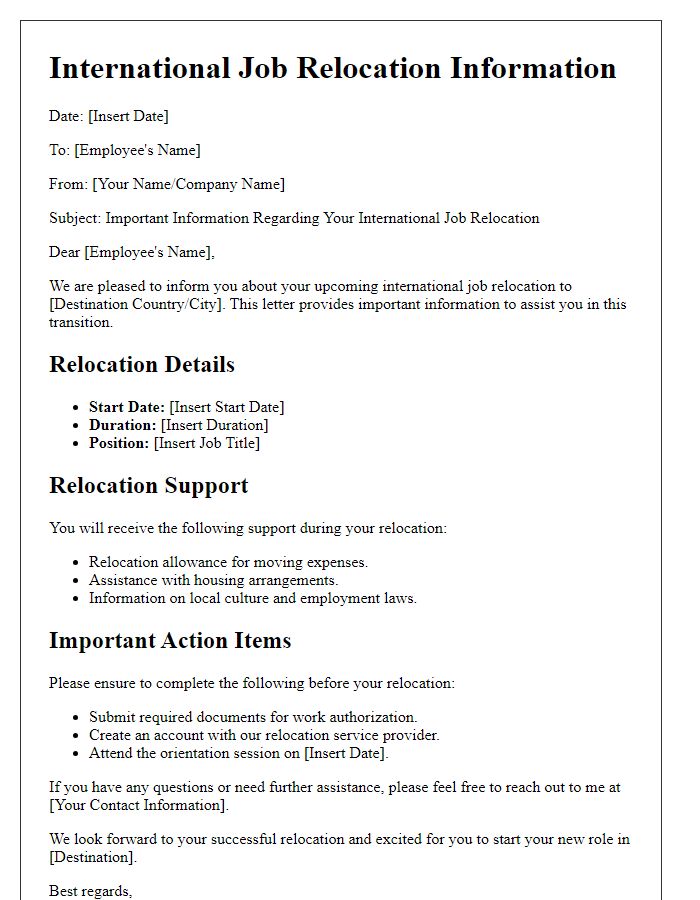
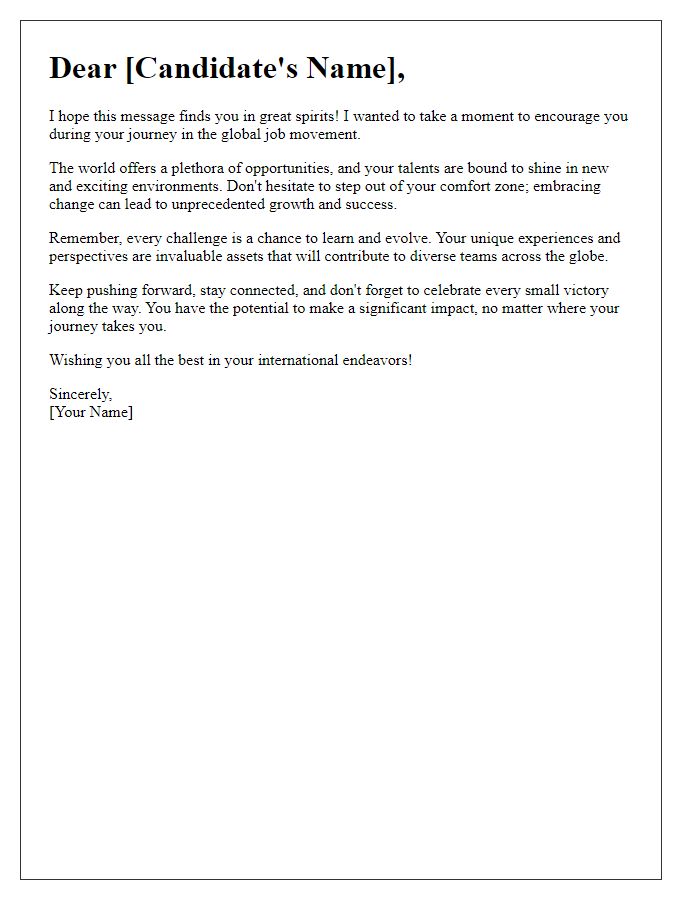
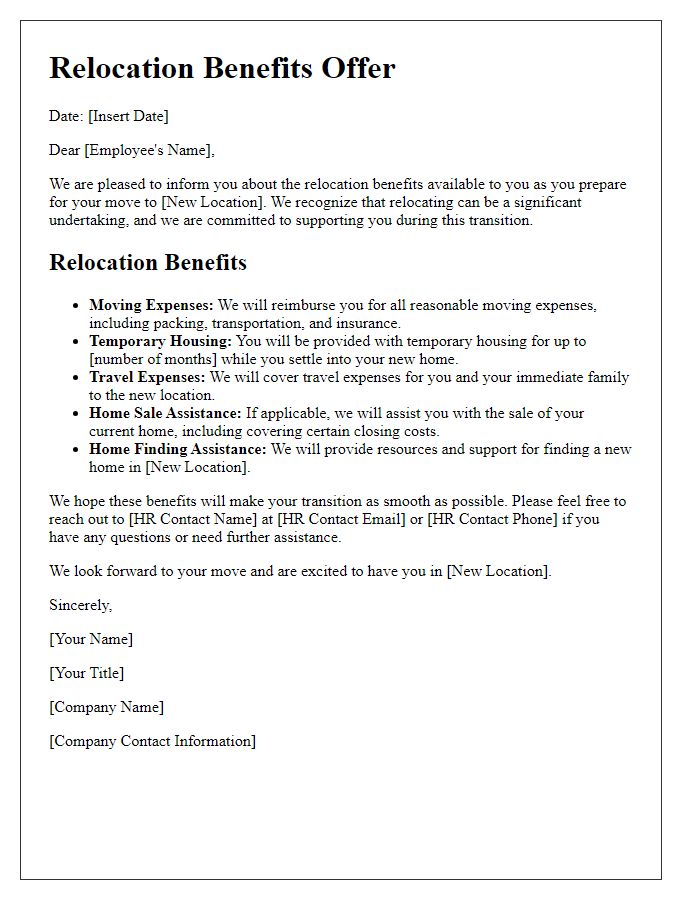
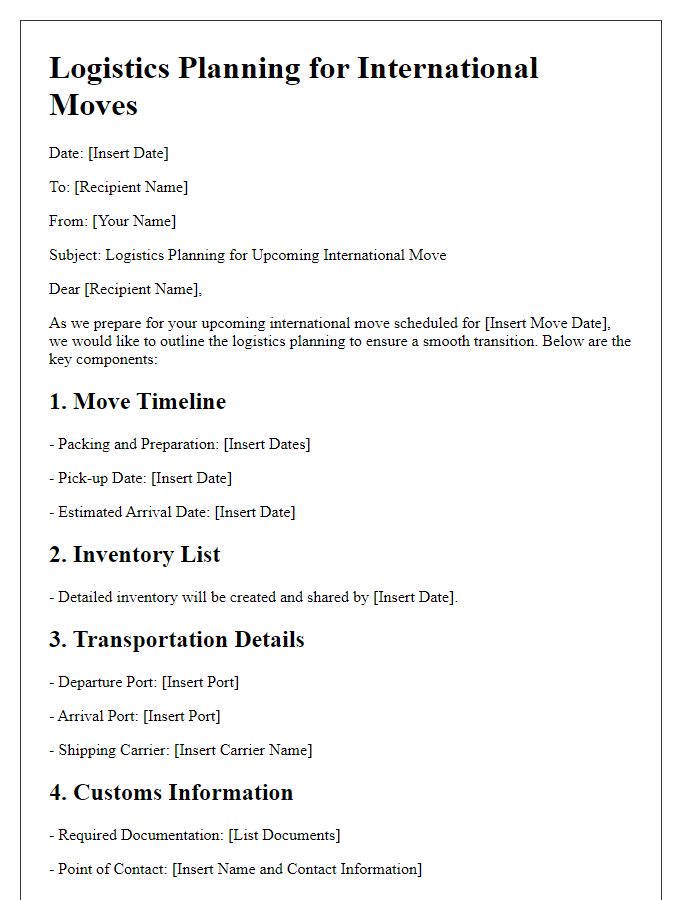


Comments